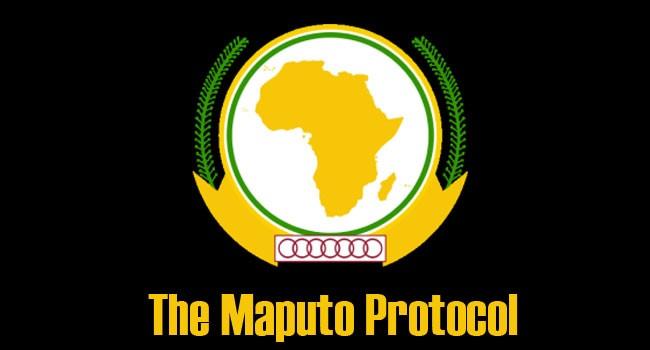
According to a new report titled 20 years of the Maputo Protocol, some progress has been made in gender equality. Where are we now?
What’s in News?
To mark the 20th anniversary of Maputo Protocol to promote the continued adaptation and implementation of its progressive provisions, a landmark report has been prepared by the Solidarity for African Women’s Rights Coalition (SOAWR), Equality Now and Make Every Women Count (MEWC), titled 20 years of the Maputo Protocol.
The report ’20 Years of the Maputo Protocol’:
The report summarizes the progress that has been made in Africa to date towards the ratification, domestication and implementation of the Maputo Protocol with a series of detailed case studies illustrating some key achievements and challenges along the way.
The evidence is presented alongside recommendations from SOAWR Member Organizations to support states in their continued efforts towards advancing gender equality on the continent.
About the Maputo Protocol:
The protocol to the African Charter on Human and People’s Rights of Women in Africa, known as Maputo Protocol is an international human rights instrument established by the African Union.
Adoption:
It was adopted by the African Union in Maputo, Mozambique in 2003 in the form of a protocol to the African Charter on Human and People’s Rights.
It went into effect in 2005.
Ratification:
- Of the 55 member states, 44 have ratified or acceded to the protocol on gender equality, becoming one of the most ratified instruments in the AU.
- Full domestication of the protocol in many of the states has been slow or ineffective.
- Some states of the Africa are yet to ratify or accede to the protocol.
Mandate:
It guarantees comprehensive rights to women including the right to take part in the political process, to social and political equality with men, improved autonomy in their reproductive health decisions and end-to-end female genital mutilation.
African Women’s Rights under Maputo Protocol:
The Protocol provides extensive rights to African Women and Girls and includes progressive provisions on:
- Harmful traditional practices e.g. child marriage and female genital mutilation (FGM).
- Reproductive health and rights.
- Roles in political processes.
- Economic empowerment.
- Ending violence against women.



No comments:
Post a Comment